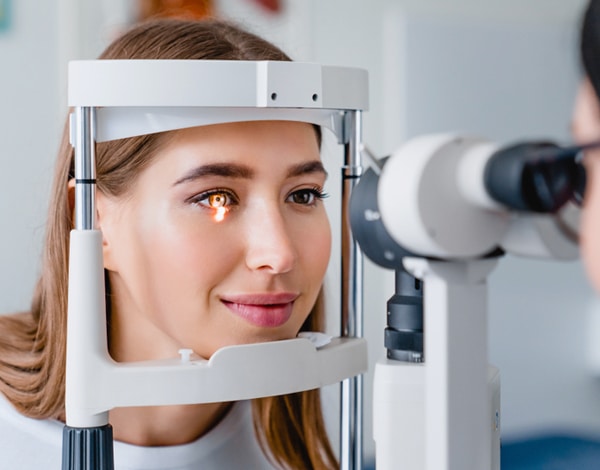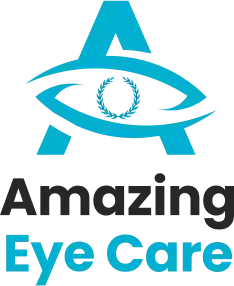
At Amazing Eye Care, our optometrist is specially trained to conduct diabetic eye exams using the advanced Eidon and OCT optovue technology. This state-of-the-art equipment enables us to detect the earliest signs of diabetes. With our expertise and cutting-edge technology, our doctor is the top choice for diabetic eye exams, whether you have recently been diagnosed with diabetes or if your diabetes is uncontrolled.
You are likely familiar with diabetes, a prevalent chronic health condition in the United States. Currently, an estimated 100 million adults are living with diabetes or pre-diabetes. This metabolic disorder occurs when the body loses its ability to regulate blood sugar levels and requires intervention to maintain stability. While most people understand that diabetes can have severe health consequences, they may be surprised to learn that it can also impact vision. Diabetic patients can develop a complication called diabetic retinopathy, which, if left untreated, can lead to permanent vision loss. That is why regular diabetic-related eye exams are crucial for patients with diabetes.
Frequently Asked Questions
What Is Diabetic Retinopathy?
In order for us to have clear vision, it is crucial for our eyes to be in good health and functioning properly. The retina, located at the back of the eye, plays a vital role in this. It consists of light-sensitive cells that convert incoming light into messages that are transmitted through the optic nerve to the brain. The brain then interprets these messages, allowing us to see and perceive things clearly.
To function optimally, the retina requires a constant supply of blood, which is delivered through a network of small blood vessels. However, prolonged high blood pressure can lead to damage in these blood vessels, resulting in blood and other fluids leaking onto the retina. This can lead to scarring, potentially affecting the quality of our vision.
Am I At Risk Of Diabetic Retinopathy?
- Your blood sugar levels are not under control or are poorly managed.
- You have a lengthy history of diabetes.
- You have hypertension (high blood pressure).
- You experience high cholesterol levels.
- You are currently pregnant.
What To Expect From Diabetic-Related Eye Exams?
The process of a diabetic eye exam is straightforward and included in a comprehensive eye exam. It may not be noticeable as a separate test.
Diabetic eye screening is non-invasive. Eyedrops will be given to blur your vision, which may cause a slight stinging sensation that quickly passes. You will then rest your head on a device and look through a lens connected to a camera. This camera will capture images of the back of your eyes, allowing your eye doctor to assess the retina for any abnormalities. Each image is taken with a flash, but there should be no pain.
In addition to the eye images, you will also undergo a visual acuity test. This involves reading letters from a chart and a card held in front of you.
The information obtained from the examination will help your eye doctor determine if you have signs of diabetic retinopathy. If so, they will discuss the best course of action to manage your condition, which may include better diabetes control, medication, or more invasive treatments to preserve your vision. Your eye doctor will provide more specific information based on your individual circumstances.
If you have any further questions about diabetic-related eye exams, please contact our knowledgeable eye care team.

